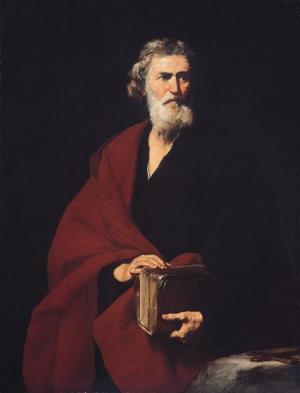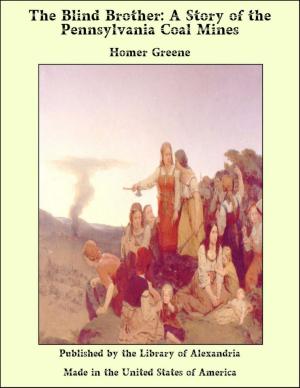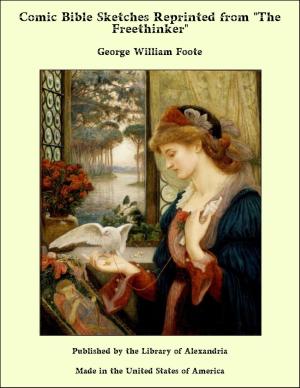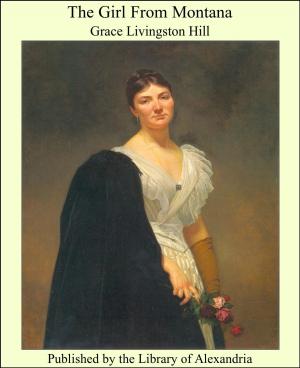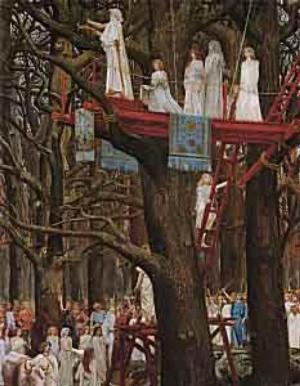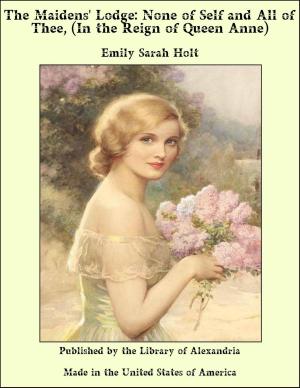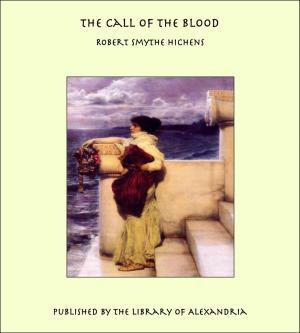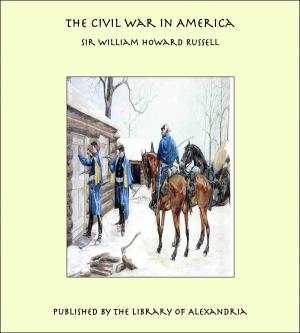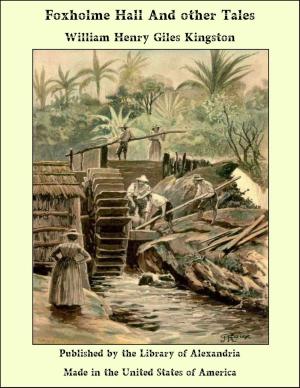The Settler and the Savage
Nonfiction, Religion & Spirituality, New Age, History, Fiction & Literature| Author: | R. M. Ballantyne | ISBN: | 9781465528544 |
| Publisher: | Library of Alexandria | Publication: | March 8, 2015 |
| Imprint: | Language: | English |
| Author: | R. M. Ballantyne |
| ISBN: | 9781465528544 |
| Publisher: | Library of Alexandria |
| Publication: | March 8, 2015 |
| Imprint: | |
| Language: | English |
The Wild Karroo. A solitary horseman—a youth in early manhood—riding at a snail’s pace over the great plains, or karroo, of South Africa. His chin on his breast; his hands in the pockets of an old shooting-coat; his legs in ragged trousers, and his feet in worn-out boots. Regardless of stirrups, the last are dangling. The reins hang on the neck of his steed, whose head may be said to dangle from its shoulders, so nearly does its nose approach the ground. A felt hat covers the youth’s curly black head, and a double-barrelled gun is slung across his broad shoulders. We present this picture to the reader as a subject of contemplation. It was in the first quarter of the present century that the youth referred to—Charlie Considine by name—rode thus meditatively over that South African karroo. His depression was evidently not due to lack of spirit, for, when he suddenly awoke from his reverie, drew himself up and shook back his hair, his dark eyes opened with something like a flash. They lost some of their fire, however, as he gazed round on the hot plain which undulated like the great ocean to the horizon, where a line of blue indicated mountains. The truth is that Charlie Considine was lost—utterly lost on the karroo! That his horse was in the same lost condition became apparent from its stopping without orders and looking round languidly with a sigh
The Wild Karroo. A solitary horseman—a youth in early manhood—riding at a snail’s pace over the great plains, or karroo, of South Africa. His chin on his breast; his hands in the pockets of an old shooting-coat; his legs in ragged trousers, and his feet in worn-out boots. Regardless of stirrups, the last are dangling. The reins hang on the neck of his steed, whose head may be said to dangle from its shoulders, so nearly does its nose approach the ground. A felt hat covers the youth’s curly black head, and a double-barrelled gun is slung across his broad shoulders. We present this picture to the reader as a subject of contemplation. It was in the first quarter of the present century that the youth referred to—Charlie Considine by name—rode thus meditatively over that South African karroo. His depression was evidently not due to lack of spirit, for, when he suddenly awoke from his reverie, drew himself up and shook back his hair, his dark eyes opened with something like a flash. They lost some of their fire, however, as he gazed round on the hot plain which undulated like the great ocean to the horizon, where a line of blue indicated mountains. The truth is that Charlie Considine was lost—utterly lost on the karroo! That his horse was in the same lost condition became apparent from its stopping without orders and looking round languidly with a sigh

